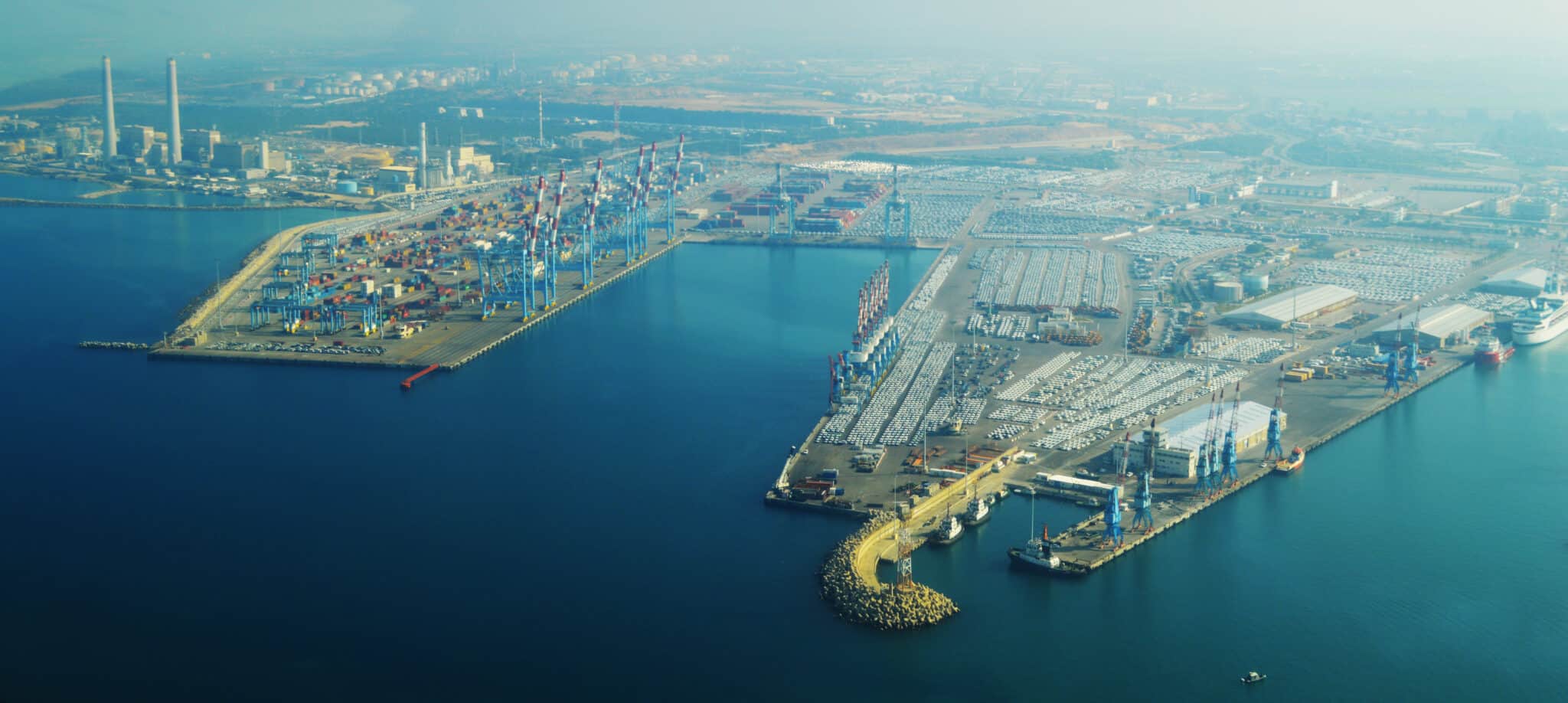Recently the topic of maritime blockade and its legality has somewhat dominated the media, especially since some of the ships were stopped by Israel on international waters.
The blockade is absolutely legal, but since it has become the subject of controversy let me describe the issue in more detail. The basis of maritime blockade is the 1994 San Remo Manual on International Law Applicable to Armed Conflicts at Sea. According to this document the below conditions need to be fulfilled for the blockade to be legal:
- it must be formally declared and publicly notified - Israel has done it on the 3rd of January 2009,
- it must be effectively enforced in practice - it is, and I don't think anybody has doubts,
- it must be applied impartially to all ships - that is why you can't let some ships go through the blockade and some not,
- it must not block access to neutral ports or coastlines - it does not, Israeli, Tunisian, Egyptian ports are open without restrictions,
- it must not stop the delivery of humanitarian aid to civilians - it does not. For all the years since 2009 humanitarian aid (on which Gaza relays consequently spending all aid not on development but on weapons) was delivered. Even at present, during the war the aid is still going to Gaza through land (trucks) and air (recent humanitarian aerial deliveries).
Additionally, Article 51 of the UN Charter affirms the inherent right of self-defense, which justifies blockades in response to armed attacks, including from non-state actors like Hamas.
What's more after 2010 Mavi Marmara incident the United Nations Secretary-General appointed a Panel of Inquiry to examine the events and it stated that the blockade is legal. Here is a full text of the Palmer Commission's findings. You may check for yourselves.
Moreover it does not mean that willing to help with humanitarian needs parties can't use the seafaring way which may be the most convenient for them. At present all ships carrying humanitarian cargo are welcome in the Israeli port of Ashdod and many use it, including United Arab Emirates' ship MIRA and others. After inspection for weapons, explosives and illegal materials cargo is put on trucks and taken to Gaza.
As stated above to keep blockade legality Israel may not selectively let through some ships, all need to be kept outside. It is also worth noting, that, although Gaza has its port, it is small and designed mainly for fishing boats. During the Oslo Accords hope period a Palestinian Naval Police station was put there, however in 2002, during the second intifada, Israeli forces attacked their facilities in the port, after Naval Police commanders were implicated in an attempt to secretly bring in 50 tons of weapons by boat into Gaza.It was significant that Palestinian freighter (yes, they had them at the time when things seemed to be moving in right direction) Karine A was found to be carrying 50 tons of weapons, including short-range Katyusha rockets, antitank missiles, and high explosives. The captain of Karine A was Colonel Omar Akawi, former member of the Palestinian Authority. At present Gaza port is not sufficiently deep to allow bigger ships to dock. That is all a matter for future as with raging war, all legal requirements fulfilled and history of attempts to smuggle weapons for Hamas into Gaza on ships the blockade is there to stay.
The Sumud Flotilla, trying to break through the blockade not only was committing a criminal act but also taking substantial risks, as some believe it is not only right but duty to attack ships bound for breaking the blockade. Moreover, flotilla was carrying symbolic amounts of aid (even according to Al Jazeera) - barely 2 tons whereas one truck carries 24 tons. They refused passing the aid through Ashdod, through Vatican channels or Jerusalem patriarchy.
At the moment there are 3 maritime blockades in effect: imposed on Gaza by Israel and Egypt (somehow everybody happens to forget Egypt is just as much a party to the blockade as Israel); imposed on Yemen by Saudi Arabia, United Arab Emirates, Bahrain and Egypt (making Egypt active in 2 out of three blockades) and imposed on Ukraine by Russia on the Black Sea.
How many of you heard about any protests against Egypt, Saudi Arabia, United Arab Emirates or Bahrain because of the blockade?
How many protests against Russian blockade (which is illegal) have you seen?
Above Port of Ashdod

No comments:
Post a Comment